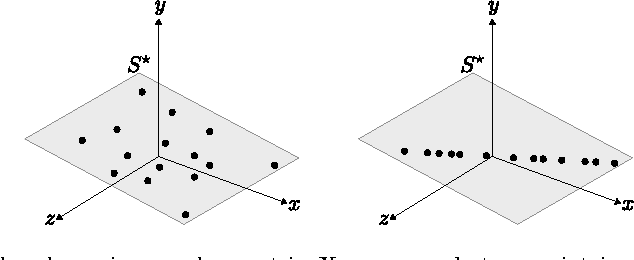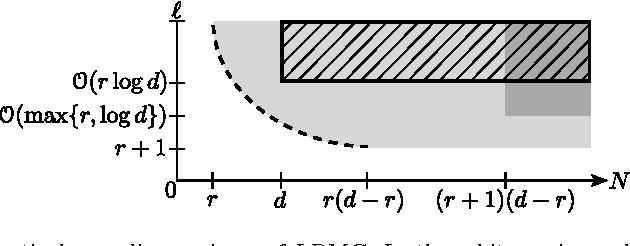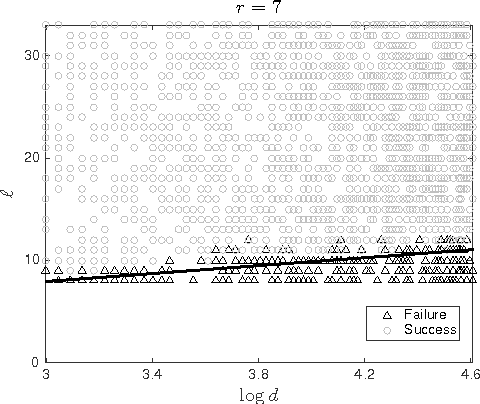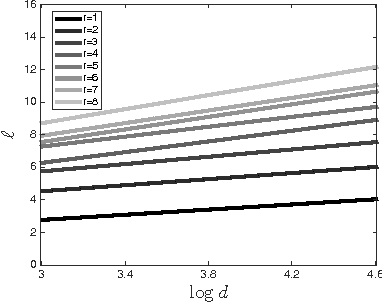Nigel Boston
A Characterization of Deterministic Sampling Patterns for Low-Rank Matrix Completion
Oct 11, 2016



Abstract:Low-rank matrix completion (LRMC) problems arise in a wide variety of applications. Previous theory mainly provides conditions for completion under missing-at-random samplings. This paper studies deterministic conditions for completion. An incomplete $d \times N$ matrix is finitely rank-$r$ completable if there are at most finitely many rank-$r$ matrices that agree with all its observed entries. Finite completability is the tipping point in LRMC, as a few additional samples of a finitely completable matrix guarantee its unique completability. The main contribution of this paper is a deterministic sampling condition for finite completability. We use this to also derive deterministic sampling conditions for unique completability that can be efficiently verified. We also show that under uniform random sampling schemes, these conditions are satisfied with high probability if $O(\max\{r,\log d\})$ entries per column are observed. These findings have several implications on LRMC regarding lower bounds, sample and computational complexity, the role of coherence, adaptive settings and the validation of any completion algorithm. We complement our theoretical results with experiments that support our findings and motivate future analysis of uncharted sampling regimes.
* This update corrects an error in version 2 of this paper, where we erroneously assumed that columns with more than r+1 observed entries would yield multiple independent constraints
Deterministic Conditions for Subspace Identifiability from Incomplete Sampling
May 24, 2015
Abstract:Consider a generic $r$-dimensional subspace of $\mathbb{R}^d$, $r<d$, and suppose that we are only given projections of this subspace onto small subsets of the canonical coordinates. The paper establishes necessary and sufficient deterministic conditions on the subsets for subspace identifiability.
 Add to Chrome
Add to Chrome Add to Firefox
Add to Firefox Add to Edge
Add to Edge